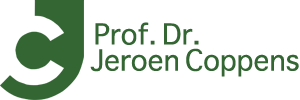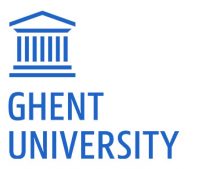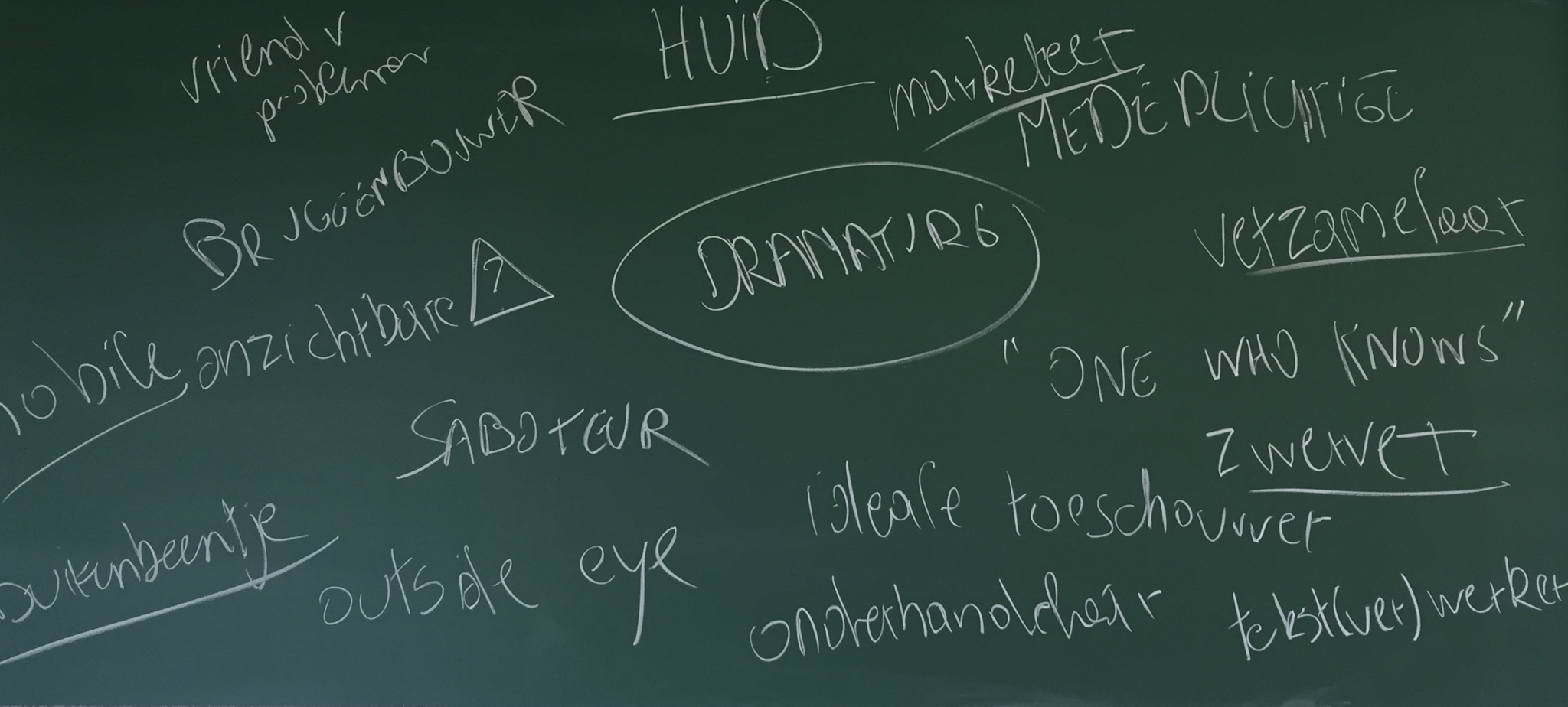Short summary of the course
The specialised course looks at dramaturgy both in a theoretical and practical way, focusing on the newest dramaturgical developments in the contemporary theatre- and dance landscape. At the forefront are not only the (new) dramaturgical treatment of the theatre text, but also contemporary dramaturgies of the body, of media, of sound and of visuality.
Contents of the course
Marianne van Kerkhoven characterized the dramaturg as a bridge builder between theory and practice, between art and science, between emotion and reason. This middle position of dramaturgy is the starting point of the course. The course consists of theoretical seminars in which the dramaturgical principles of contemporary theater and dance are the centre of interest. Furthermore, attention is given to dramaturgy as a practice, with performative experiments during the seminars, with dramaturgical workshops under guidance of artists and/or dramaturges from the work field, and with practical seminars about among others writing grant applications and talks with audiences and artists.
The seminar elaborates the history of dramaturgy (with Aristotle and Lessing) and discusses new dramaturgical principles and models of cooperation that won acceptance since the emergence of postdramatic theater practices. We will look at the changing status of the text in contemporary theater, at the dramaturgical treatment of the body, of media, of sound and of visuality in theater, and at the relatively new phenomenon of dance dramaturgy. The theoretical part of the course aims to analyze a panorama of alternative dramaturgies in the light of contemporary artists like Romeo Castellucci, Forced Entertainment, Rimini Protokoll, Hotel Modern, Rosas and others. Although the focus of these seminars is theoretical and analytical, we will also look at the practical application of the discussed dramaturgical principles in the form of performative experiments.
Furthermore, the course also explicitly engages with dramaturgy as a practice, both during the practical seminars (for example about writing grant applications), during collective performance visits with after talks as well as during the dramaturgical sessions. In these sessions, the student comes in contact with the practical aspects of performance dramaturgy, in a smaller group and under guidance of artists and/or dramaturges from the field.
Collaborations for dramaturgical workshops
For the dramaturgical workshops connected to the course, I have collaborated with following artists, collectives and art institutes (selection): Alexander Devriendt (Ontroerend Goed), Benjamin Verdonck, Wunderbaum, Kris Verdonck, Mette Edvardsen, Anne Söderberg, Mette Ingvartsen, Sarah Vanhee, Tinne Van Aerschot, Ariane Loze, NTGent, Vooruit Gent, Campo Gent, P.A.R.T.S., Kaaitheater Brussels and Workspace Brussels.
Final competences of the course
- Insight into the dramaturgical principles of the contemporary theater and dance landscape.
- Insight into the dramaturgical structure of the theater texts.
- Insight into the paradigm change from classical to postdramatic theater and their respective dramaturgies.
- Insight into the most recent developments of dramaturgy and the widening of the concept.
- Capacity to apply dramaturgical principles in a practical situation.
More information:
- Studies in Performing Arts & Media (Ghent University)
- Bachelor of Arts in Art History, Musicology and Theatre Studies
- Master of Arts in Art History, Musicology and Theatre Studies
- Ufora Digital learning platform Ghent University (login required)


